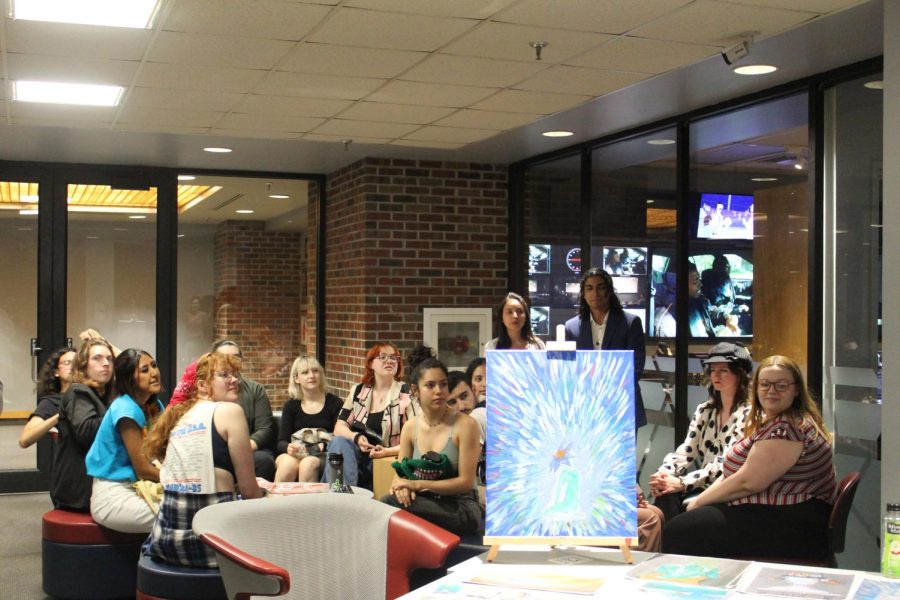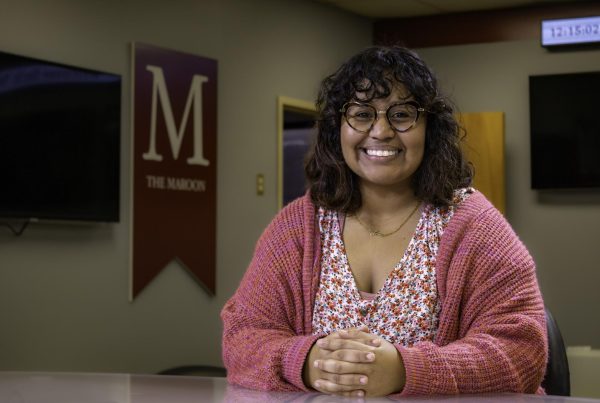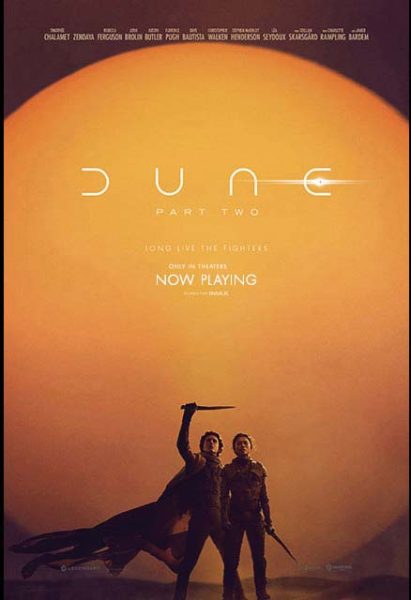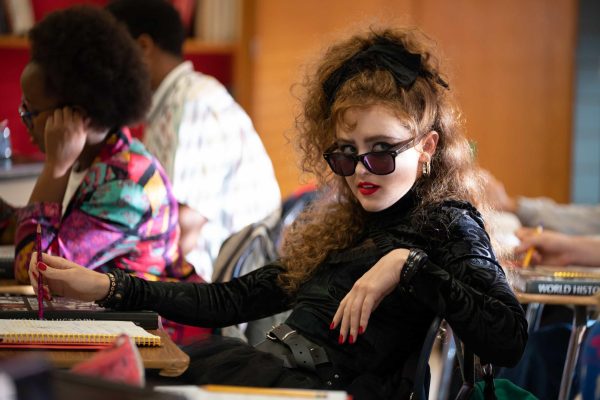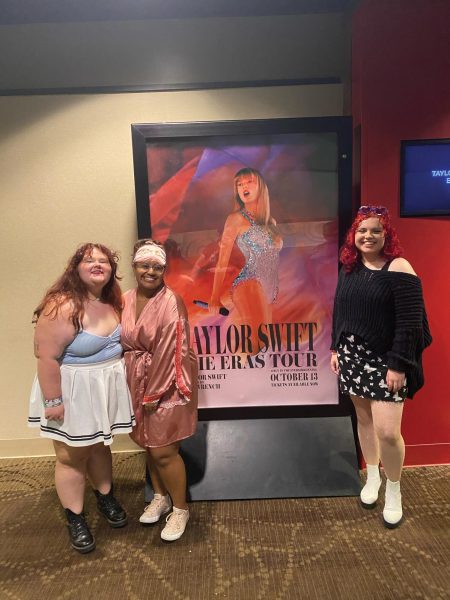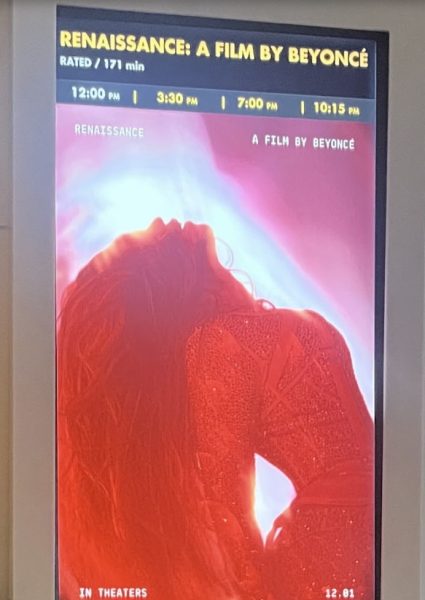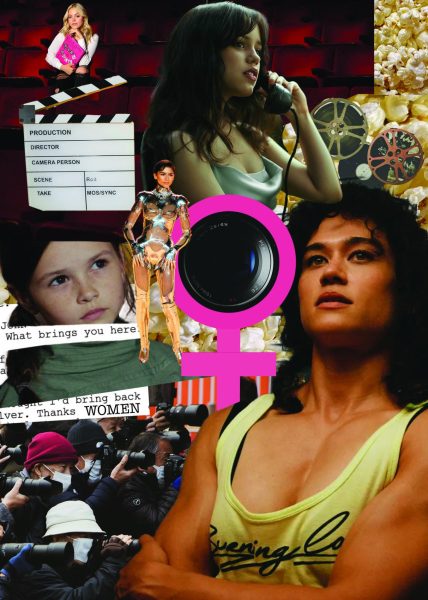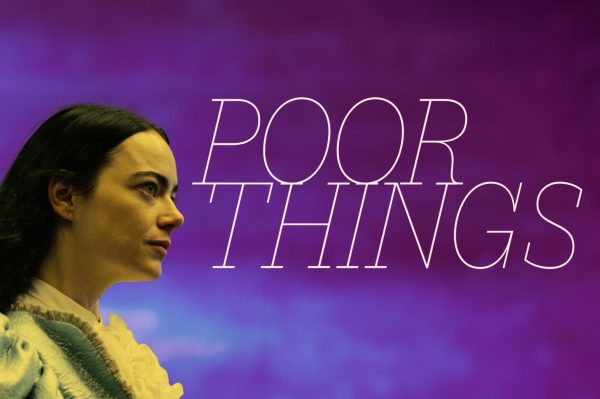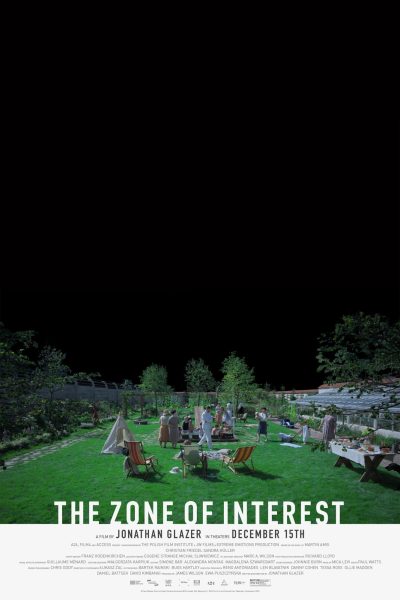Film department struggles with inconsistent faculty
Loyola film students gather on 4th floor of the Communications/Music Complex in support of department hosted film festival in spring of 2022. The festival was hosted before the program’s unexpected downsizing.
September 15, 2022
This summer, when students got wind via email that the former head of Loyola’s digital filmmaking department was stepping down, they said it left them feeling anxious.
Monica Vega, a Loyola senior majoring in digital filmmaking was distraught upon hearing the news.
“I thought ‘what happened’?” She said. “I was so shocked. It was really unexpected,” Vega said.
The new chair of Loyola’s digital filmmaking department, Miles Doleac said he understands the student’s frustration, and department heads hope to address these anxieties with an advisory program, according to Sheryl Kennedy Haydel, the director of Loyola’s school of communication and design.
Michael Lardizabal, a senior in digital filmmaking at Loyola, complained about former director Professor Robert Raccine leaving. He said Raccine’s departure is followed closely by several others within the digital filmmaking department, including the former chairs of the department.
“They let us know in July and that’s like right before the beginning of the semester, which none of the seniors were ready for,” Lardizabal said.
The turnover in the department has left Lardizabal in what he described as a difficult situation.
“We need more permanent professors overall and more consistency from the faculty,” Lardizabal said.
He added that in his time at Loyola he has had two different advisors and is currently left without an advisor.
Doleac acknowledged this inconsistency as stressful for students.
“I know at least the time I’ve been here it feels like every year a sort of anchor faculty leaves the program. I can imagine that it is extremely difficult for the students who were close to them,” Doleac said.
Doleac added that the university prides itself on hiring faculty who are actively working in the film industry to give students an opportunity to learn from those industry professionals, and this comes with the risk of people on the staff being lured away by professional filmmaking opportunities in New Orleans.
“We have to figure out how to both embrace faculty who are working professionals in the industry and also make this a place where they want to stay. They can pursue professional obligations and also be committed to the university, and that is hard for any arts program,” Doleac said.
Doleac said the department is still carving out its identity. Lardizabal said he feels uncertainty in this process.
“Nobody knows what’s going on and what’s going to happen. It takes into question the longevity of this department. There is no administration set in stone,” Lardzibal said.
Doleac said he sees the problem in not having faculty continuity in the department and is working closely with Haydel to address student concerns.
Haydel said three new part-time adjunct professors were hired and that the department is also seeking out someone to take over a full-time tenured position.
“We want to move away from the turnover phase. We want our film students to feel like they are having a rich experience in this program,” Haydel said.
Haydel added that she also came up with the idea to create the Loyola Digital Filmmaking Advisory Panel to give students a direct voice for the direction of the program.
The program went into effect this semester, fall 2022, and it is made up of student representatives, industry professionals, faculty, and administration.
Haydel said that this program is in response to student concerns regarding a lack of transparency within the department.
“We share what’s going on. We listen, talk, and find ways to strengthen this program,”Haydel said.
Digital filmmaking sophomore and a student representative for the panel, Miracle Leyro said that the panel held its first meeting at the end of August and that it was productive. During her time on the panel, she said she plans to hold professors accountable and address issues students may have.
“We know it can be hard for students to talk to professors. Students can communicate with us anonymously, and it reaches the dean and the rest of the faculty,” Leyro said.
Vega is concerned the change won’t happen while she’s still a student.
“I want the program to be the best it can be, but I most likely won’t be here to see it. How long will it take to actually change?” Vega said.
Haydel assured students that the school of communication and design is listening.
“We are headed in the right direction,” Haydel said.


